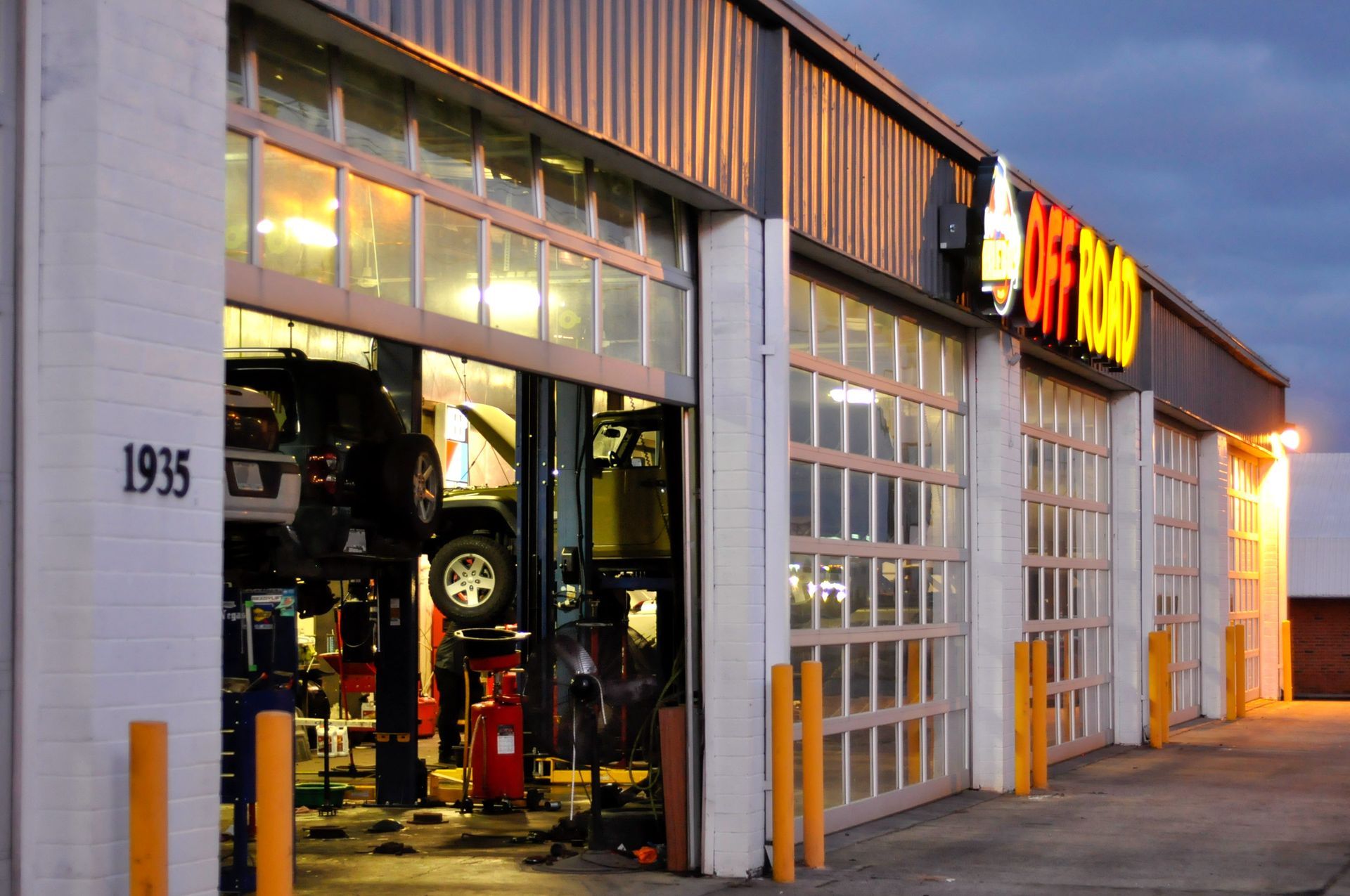New Paragraph
Axleboy Offroad & The Alexander Group: A Case Study
November 4, 2018
Axleboy Offroad & The Alexander Group
Scott Carline, owner of Axleboy Offroad has been working with The Alexander Group as a peer board member and business coaching client since 2010. He credits the relationship with helping his business grow and thrive.
Cornell Meyer: We’re a private consulting firm that works with 35 to 40 private business owners at any one time to help them work on holding themselves accountable to achieving the vision for the business. I was introduced to Scott in 2010 with the idea that Scott had some challenges with fast growth from about $400,000 a year to $1.2 million in one year. The concern I had when I entered the picture was whether or not that rapid growth could be supported because it was all coming from one client. It proved to be an almost fatal mistake. Six months later, the contract ended when American Airlines filed bankruptcy and we had to reprogram the company and re-identify a growth strategy.
Over a couple of years period of time we ascertained whether or not the remanufacturing business for axles was going to be a viable business model or we needed to migrate into something that was more of Scott’s passion, which was the upgrade of off road vehicles, specializing in Jeeps.

Scott Carline: So Axleboy Offroad, we are based mostly upon Jeeps and the off-road lifestyle. It started off as I was a mechanic, a shop foreman at one of the local Jeep dealers and I met some people that were passionate about Jeeps. They took me out four-wheeling and I kind of got sucked in.
I got tired of the dealership lifestyle and wanted to focus on something I could be passionate about 24/7 so I spun off Axleboy. Like most people, I started it off based on passion and I knew how to do Jeeps. I knew how to build Jeeps and work on them. The part that I didn’t know was actually how to run a business. I had no idea at all. I always laugh and said I did everything wrong three times and then on the fourth time I do it wrong one more time and then I would ask for help.
Cornell Meyer: The challenges for Scott really had to do with one of the basic fatal mistakes that private business owners have and that’s that he’s a technician and surrounding himself with proper managers and proper processes to handle to financial, marketing, sales, advisor roles was something we had to work on continuously. The improvements are that he is now 500% larger than he was in 2010. He’s now moved into a facility that allowed him to double his business size, again. And we’re continuing to work on refining his processes and his financial reporting, and even today we’re putting on the new ERP program to help him with his overall management flow and process.
Information may be abridged and therefore incomplete. This document/information does not constitute, and should not be considered a substitute for, legal or financial advice. Each financial situation is different, the advice provided is intended to be general. Please contact your financial or legal advisors for information specific to your situation.




